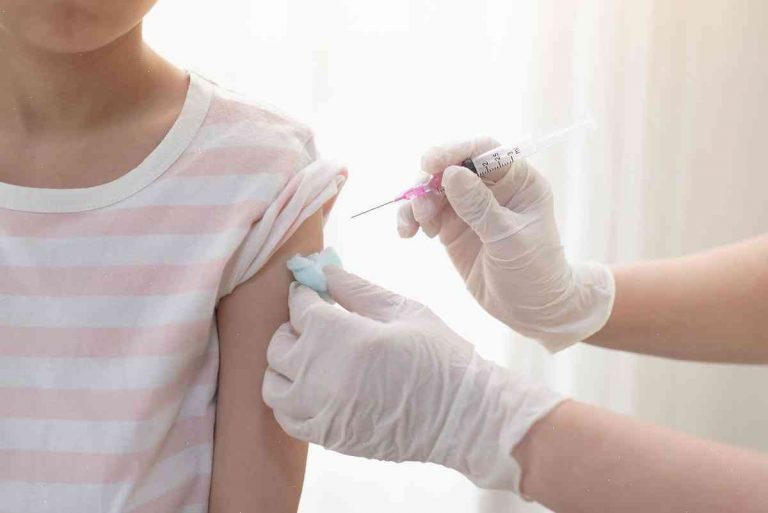Toronto’s top pediatrician said Thursday that she expects the new vaccine against measles, mumps and rubella to soon be offered in at least some areas of the country.
Dr. Mary Lou Leiher, a pediatric infectious disease specialist at St. Michael’s Hospital, told The Washington Post that she has received a sample of the vaccine from the Canada Health Food Association, which supports the new injection. As part of the sample, she has been able to administer it to children in her intensive care unit as part of their treatment.
Leiher told The Post she expects the vaccines to become available in the city of Toronto within two weeks.
“If the product is in trial, I don’t think that they’re going to allow those to be offered unless they’re done well,” Leiher said. “I would expect this product to be available within two weeks in the adult wards. And then we’re only a little over three weeks away for the pediatric ward.”
Vaccine recommendations are made by the Public Health Agency of Canada, whose website says that the vaccines will soon be available in the provinces of Ontario, British Columbia, Manitoba, Saskatchewan, Alberta and New Brunswick.
The federal agency said the studies on the vaccines are still underway and Canada is aiming to have the vaccinations available to children as young as nine months of age. The agency says the most common side effects so far have been pain, swelling and redness at the injection site.
A month ago, McMaster University researchers announced that a study of the vaccine at the Toronto General Hospital showed a 90 percent success rate in preventing cases of measles with its new first-line prevention technique. The vaccine would have been effective in 95 percent of cases and have prevented almost all measles cases among infants under six months old, the researchers said.
“Our research illustrates that COVID-19 is likely the first of its kind in the world and is a highly promising option to address measles because of its high protection against the disease,” said Dr. Brenan McLean, a McMaster pediatrician and an author of the research.
Measles has remained highly contagious in recent years. In the United States, health officials reported 15,651 cases of measles last year, a significant decrease from 2016, but a step backward from 2015, when nearly 60,000 cases were reported. Measles has been declared eliminated in most regions of the world except for parts of Africa and Europe.
A recent measles outbreak traced to Disneyland in California sickened 147 people in 12 states, according to U.S. health officials. The outbreak was spread through unvaccinated children attending Disneyland and in the suburbs of Los Angeles who became ill after visiting the park.
The news is welcome, as Canada struggled with a measles outbreak for several years.
In 2016, an outbreak of 38 cases hit seven different regions in the country, including British Columbia, Ontario and Quebec. Before 2015, Canadians had not seen measles in more than six decades. As a result, there was a steep decline in public awareness and belief in safe vaccines.
In Ontario, a quarter of the cases were from schools. That year, the province faced a fine of up to $250,000 for failing to deal with the outbreak.
Canada has found success in reducing its measles outbreaks by limiting unvaccinated children at schools. The province first allowed some of its public schools to ban unvaccinated children in 2011. Since then, the government has made it so that no students are allowed at a given school if they have not had at least one dose of the measles-mumps-rubella vaccine.
Parents can still ask their doctor to opt out of offering the vaccine at the time of vaccination, but a doctor can waive a parental objection for some patients when serious health complications would occur if vaccinated.
